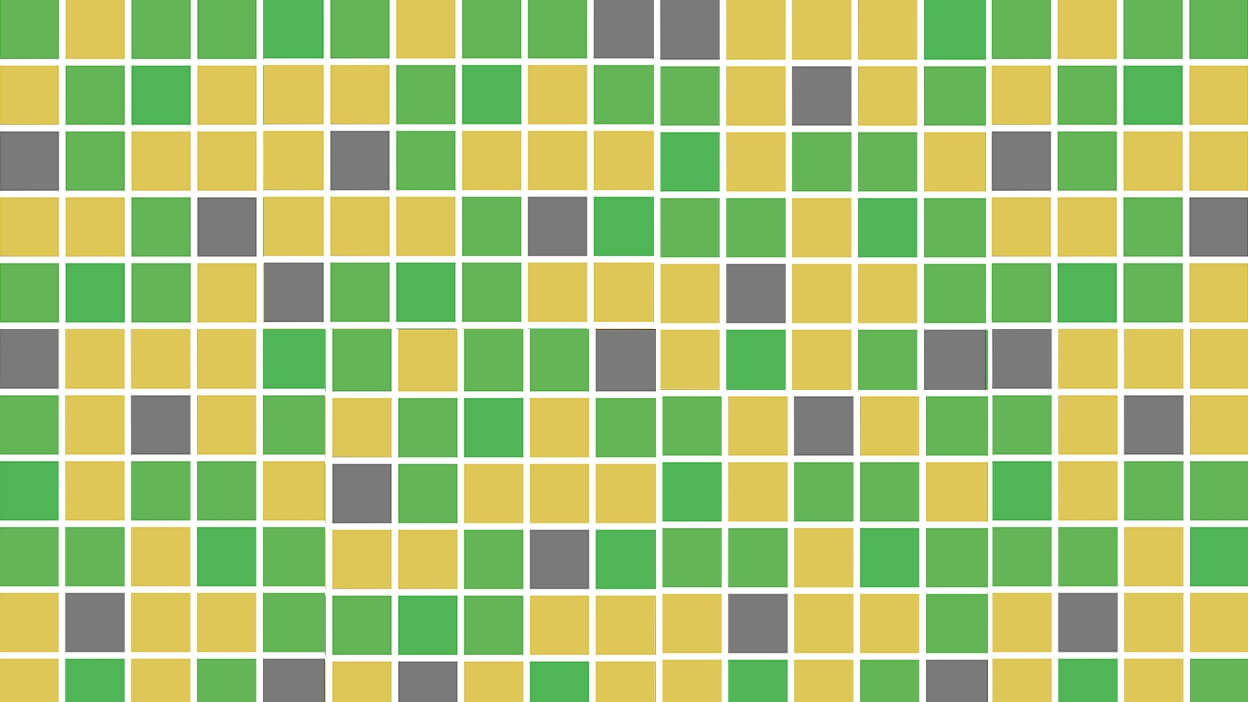Before you ever played the game, you probably saw the grids on social media, five-by-six rows of emoji squares in gray, yellow, and green. At first they seemed mysterious. Each grid held a different pattern of colors. Some who shared their grids seemed proud of the results, others disappointed. But it was only possible to understand what the patterns meant by playing the game that generated them: Wordle, a Web-browser game that updates with a single new word puzzle every day. Wordle has a minimalist Web site—no ads or social-media icons, just the game—and a clunky URL. It looks like an artifact of the early Internet transposed into the modern. But the game’s simple grid of letters is in fact optimized to spread across digital feeds. In November, the game had ninety players. So far this month, it has drawn more than two million. In the era of personalized algorithmic feeds, Wordle offers the novelty of something that players can all experience at the same time. Stephen Stallings, a music supervisor in New York who started a TikTok account to document his Wordle plays, described it as an “Internet version of water cooler talk.”
As reported in the Times, Wordle was created by a software engineer named Josh Wardle (get it?), late last year, partly as a gift to his partner, Palak Shah. During the first year of the pandemic, the pair had dived into popular online word games created by the Times, such as Spelling Bee, a daily anagram puzzle, and the paper’s daily crossword. Wordle, however, has no clues or starting letters. Players guess an initial five-letter word, which fills in the five boxes at the top of the grid. The boxes then turn colors to indicate how the letters in that guess correspond to the ones in the mystery word. A gray box means that the letter within isn’t found in the answer; yellow means that it is, but in another location; and green means that the right letter is in the right spot. (The color coding is reminiscent of the 1970 board…






